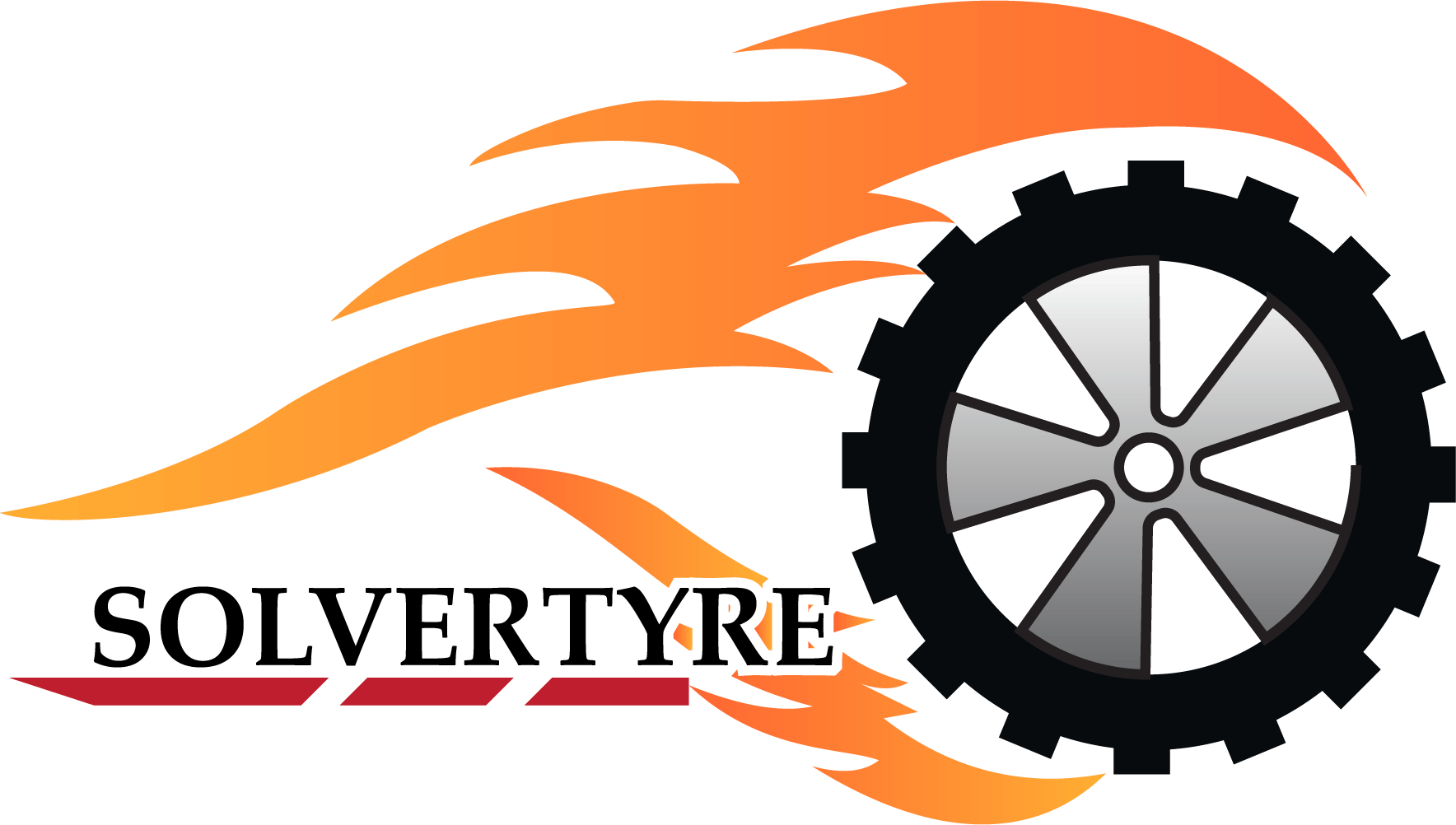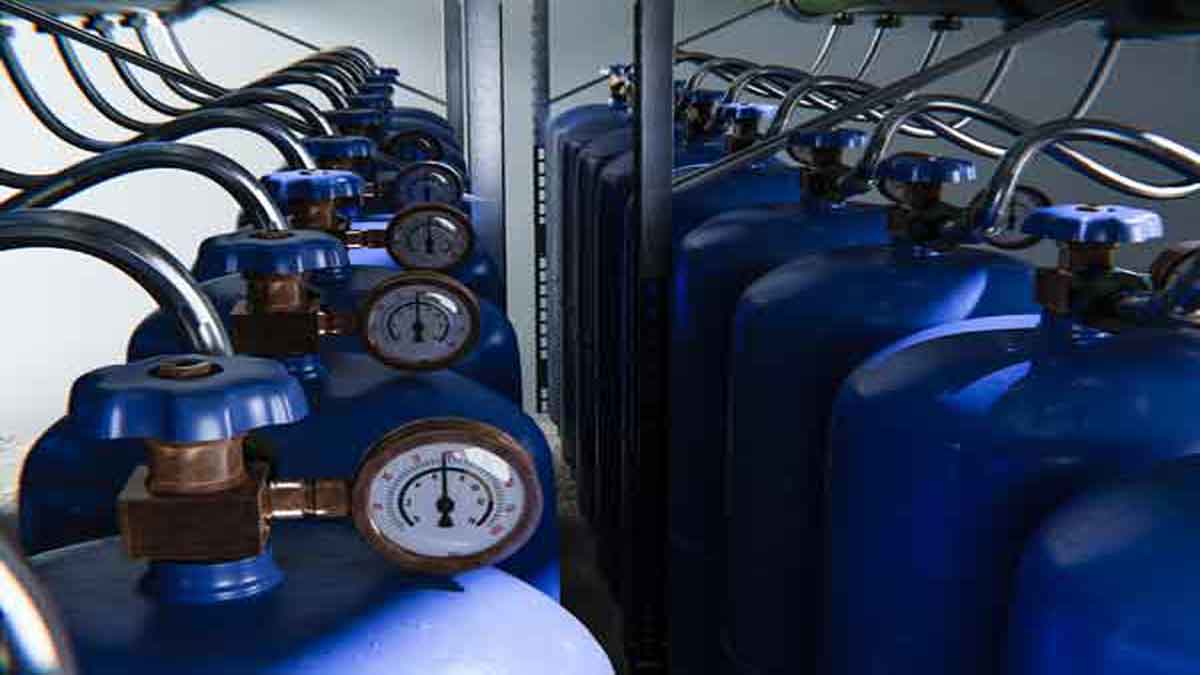Introduction

Air Tanks vs Air Compressors are pivotal in numerous applications, from simple home uses to complex industrial processes. This article aims to demystify these tools, highlighting their differences, functionalities, and guiding you in choosing the right option for your specific needs.
Thank you for reading this post, don't forget to subscribe!Understanding Air Tanks and Air Compressors
Air Tanks
Definition: Air tanks are storage units designed to hold compressed air at a certain pressure. They don’t generate air but store it for future use.
Common Uses: From operating pneumatic tools to being used in HVAC systems, air tanks are versatile in both home and industrial settings.
Air Compressors
An air compressor is a device that converts power into potential energy stored in pressurized air.
Common Uses: They are used in everything from inflating tires to powering air tools and are indispensable in manufacturing and construction industries.

Operation and Functions
Air Tank Operation and Functions
Air tanks store compressed air, which can be released when needed. They are essential for maintaining a consistent air supply, especially when used with tools that require a steady airflow.
Air Compressor Operation and Functions
Air compressors work by drawing in air and compressing it, thereby increasing its pressure. They are used in various applications, including powering pneumatic tools, spray painting, and more.
Types of Air Compressors
Dynamic Displacement Compressors
Overview: These compressors use rotating blades to generate airflow.
Applications: Ideal for continuous operations in large-scale industrial settings.
Positive Displacement Compressors
Overview: They work by trapping air and reducing its volume.
Applications: Commonly used in construction, automotive, and woodworking industries.
Comparison of Air Tanks vs Air Compressors
Key Differences
Functionality: Air tanks store air, while compressors generate it.
Suitability: Compressors are more versatile but require more maintenance.
Scenario-based Recommendations
Home Use: Small air compressors are usually sufficient.
Industrial Use: Larger, more powerful compressors and air tanks are often necessary.
Special Focus: CO2 Tanks and ARB Twin Compressors
CO2 Tanks
Overview: CO2 tanks are known for their portability and quick refill capability.
Use Cases: Ideal for off-roading and remote applications.
ARB Twin Compressors
Overview: These are high-performance air compressors offering reliability and high airflow rates. Advantages: Suitable for demanding environments and heavy-duty use.
Size and Capacity Considerations
Air Tanks
Sizes: Range from small portable units to large stationary tanks.
Choosing the Right Size: Depends on the intended use and the tools being powered.

Air Compressors
Sizes: Vary from compact models for home use to industrial-grade machines.
Capacity Factors: Consider PSI, CFM, HP, and airflow rate.

If you want to know Ultimate Guide to the Best Air Compressors for Sandblasting in 2024 click here
Cost Analysis
Comparative Costs
Air Tanks: Generally less expensive than compressors.
Air Compressors: Prices vary widely based on size and type.
Long-term Value
Air Tanks: Low maintenance costs.
Air Compressors: Higher initial investment but more versatile.
Integrated Systems: Combining Air Tanks with Air Compressors
Benefits
Steady Air Supply: Ensures consistent performance for tools.
Efficiency: Reduces the load on the compressor.
Case Studies
Industrial Applications: Integrated systems are common in manufacturing for reliable and continuous operation.
Maintenance and Safety Tips
Maintenance
Regular checks and servicing are crucial for both air tanks and compressors.
Safety
Always adhere to manufacturer guidelines and wear appropriate safety gear.
Making the Right Choice: Air Tank or Air Compressor?
Decision-making Factors
Usage Frequency: Occasional use might favor an air tank, while regular use leans towards a compressor.
Application Type: Consider the tools and the environment where they will be used.
Pros and Cons
Air Tanks:
Pros – Low cost, low maintenance. Cons – Limited functionality.
Air Compressors:
Pros – Versatile, powerful. Cons – Higher cost, more maintenance.
Conclusion
Choosing between an air tank and an air compressor depends on your specific needs. Consider the key points discussed to make an informed decision.


Well executed!
I appreciate the detailed explanation.
I really appreciate the depth of information you’ve provided here. It’s clear that you’ve put a lot of thought and effort into this post.